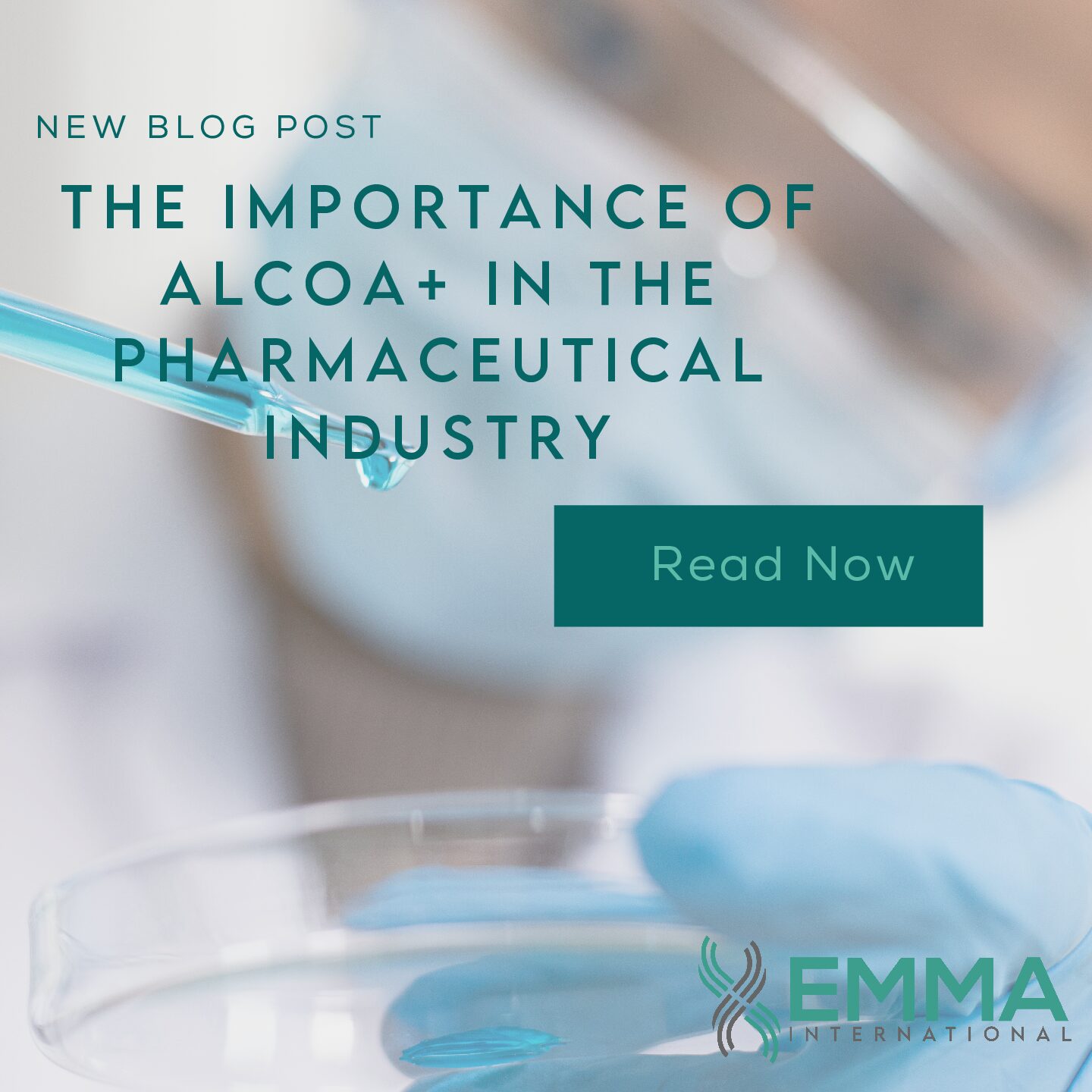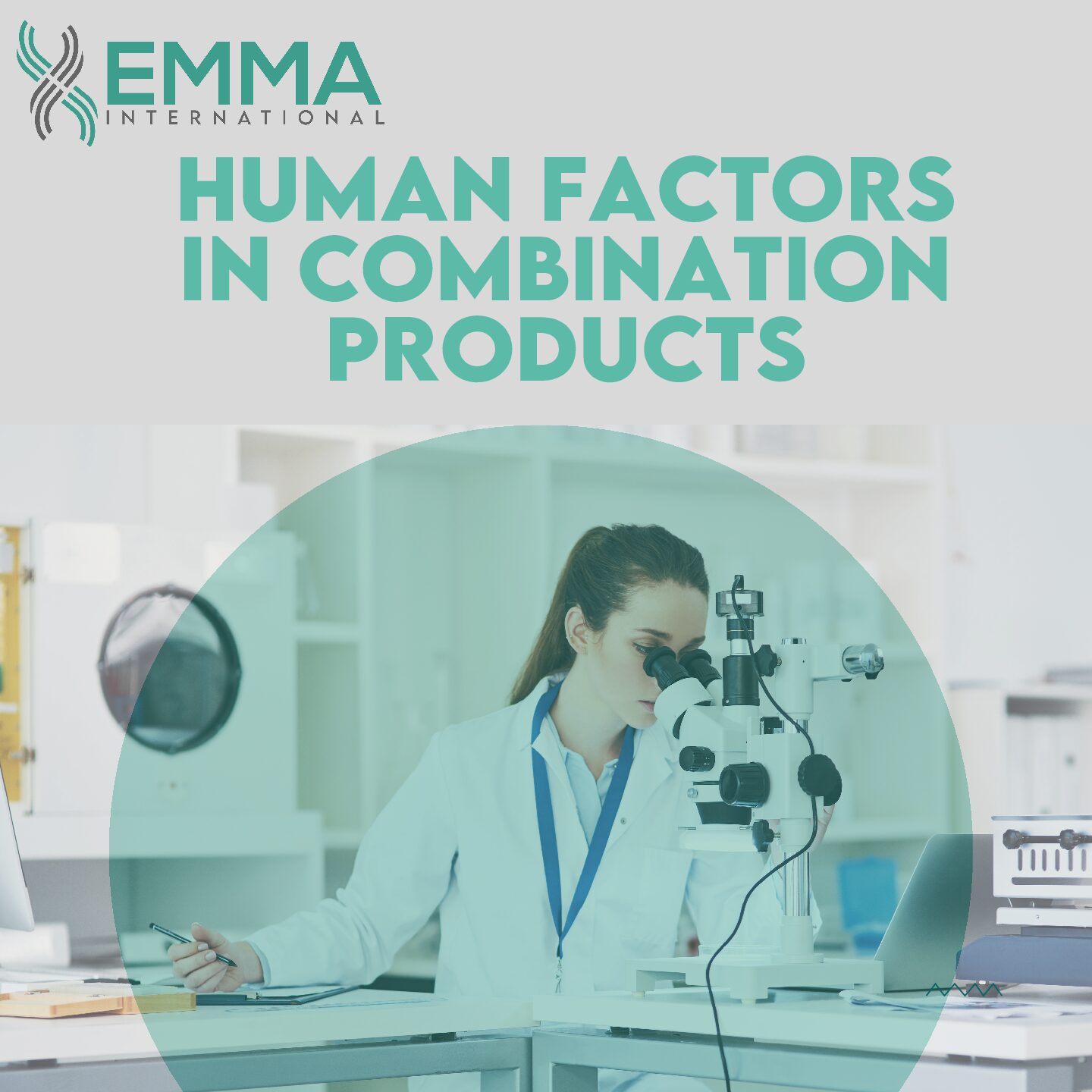Process Validation is a formal methodology that companies utilize to manufacture products with a defined process, leading to products that consistently meet their specifications and quality requirements. Insufficient process validation (PV) is a common issue leading to warnings from the FDA and other Regulatory Bodies1.
The medical device and pharmaceutical trades are very different but share a common objective of creating safe and effective products to market as efficiently as possible. There aren’t nearly as many Process Validation documents for the medical device industry as for the pharmaceutical industry; it can be challenging to determine which elements of PV are adaptable from Pharma to Med. Devices.
It is a general approach within the medical device industry that the finished product is made by assembling multiple components. Each component’s production has its own batch/lot number to help safeguard traceability2. Because of this, if each element within the medical device follows the pharma guidance on PV, too many validations would be necessary. Thus, the med device industry has established its PV strategy with IQ, OQ, PQ as the mainstay, including the component level and the finished product depending on process characteristics.
There is the process design phase before process validation in pharmaceuticals that consists of development and scale-up activities. Laboratory and pilot-size models are considered representative of the commercial process and can estimate variability for commercial scale2. The scale-up procedure for a medical device product is done using Design Control and Design Reviews at various points to evaluate the design requirements2. This helps ensure the product is on the right track to meet its specifications. Design Controls require documentation that details device verification for safety and efficacy. It should include the user requirements specification, design and development planning, risk assessment, and design verification.
Pharmaceuticals and Medical Devices are highly regulated because they must be manufactured to the highest quality levels. Process Validation assists in building the quality of the product and has proven to be necessary for the quality management of Pharmaceuticals and Medical Devices. EMMA International has helped countless clients with Process Validation and other quality management steps. If you need assistance with validation or have any quality or regulatory compliance issues, contact EMMA International at 248-987-4497 or email us at info@emmainternational.com.
References:
- Login | RAPS. (n.d.). Www.raps.org. Retrieved November 14, 2021, from https://www.raps.org/news-and-articles/news-articles/2020/11/fda-warning-letters-in-2020-reveal-concerns-around
- Guidance for Industry Process Validation: General Principles and Practices. (2011). https://www.fda.gov/files/drugs/published/Process-Validation–General-Principles-and-Practices.pdf





